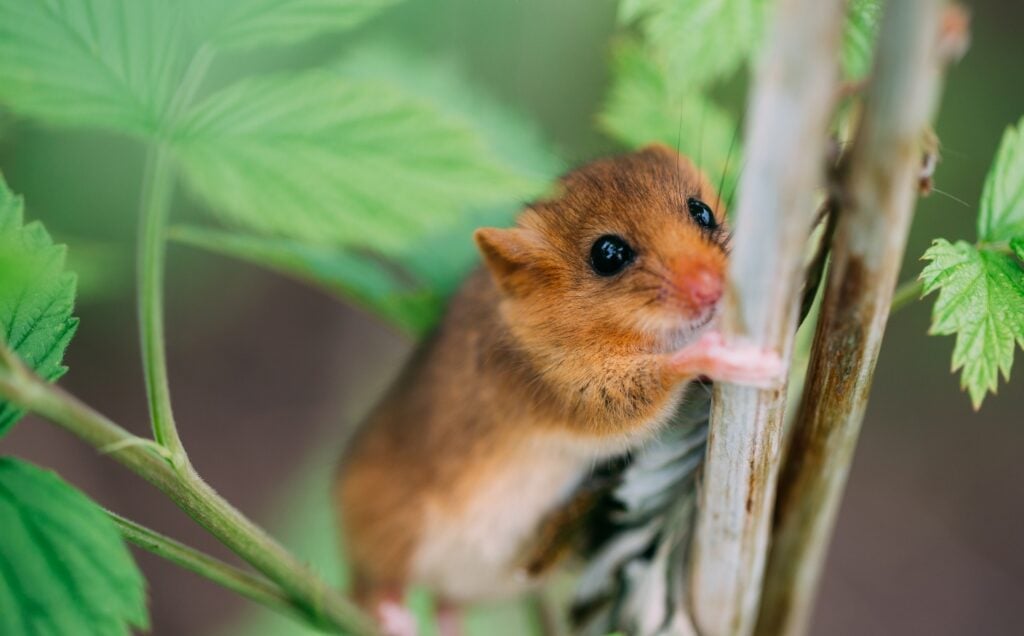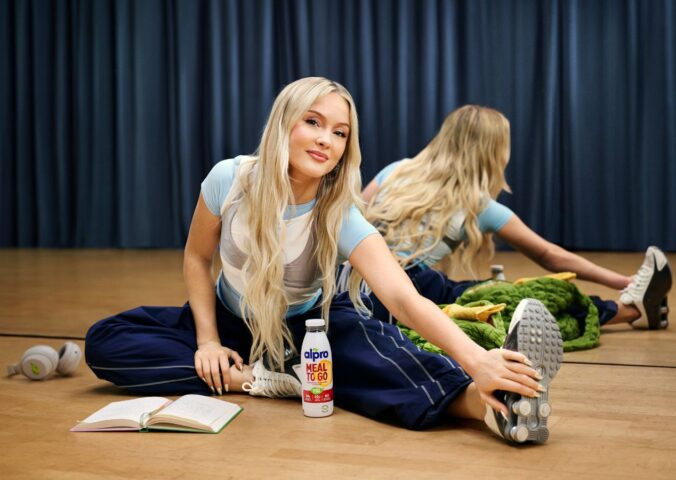Scientists around the world have expressed concern that if monkeypox becomes rife within wild animals, it could become “impossible to eliminate.”
Malachy Okeke, a virologist at the American University of Nigeria, issued the stark warning in a recent Nature article.
Widespread infection could occur if monkeypox becomes established in wild animals that form part of a “transmission reservoir.” This refers to species that can carry and pass on a virus, without becoming sick from it themselves.
More than 50 mammals are monkeypox carriers within Africa. These include tree squirrels, target rats, dormice, and other rodents. The full extent of the reservoir is not yet known.
Monkeypox has also been confirmed in dogs. Two human-to-canine cases have been confirmed, one in France and another in Brazil. However, scientists are not currently concerned about these infrequent occurrences, as companion animals can be isolated at home until recovered.
But a vast number of wild animals carrying the infection could pose a significant threat to human and animal health.
‘Then we are in trouble’
Okeke told Nature that if the monkeypox reservoir begins to transmit the virus back to humans, then a potentially unbreakable infection cycle could begin. This would make infection control in wild animals very difficult to accomplish, thereby allowing monkeypox to take hold. “Then we are in trouble,” Okeke says.
Originally found in Central and West Africa, the zoonotic virus is thought to remain in circulation due to rodents and small mammals. Human cases have been identified in Africa for years, with the first recorded in 1970. The first non-African outbreak came in 2003. Back then, the US recorded cases that were ultimately linked to the import of infected wild animals.
In 2022, monkeypox presented itself as a global outbreak. To date, more than 69,000 cases have been reported in 107 locations, with 100 having never recorded infections before. Europe has been significantly impacted, as has the US. Overall, very few deaths have occurred.
Scientists are concerned that given the ability of humans to pass the virus to their pets, it could also take hold in rodent populations outside of Africa, thus creating new global reservoirs.
A recent modeling study looked at the potential ramifications of such chains of events. It concluded that in the absence of intervention, such as vaccines, general populations in cities will be at high risk of infection, which would present in multiple waves.
How does monkeypox affect humans?
A generally mild infection, monkeypox is transmissible from person to person through any close contact. It can also be spread through shared towels and bedding or by coming into contact with bodily fluids from sneezes and coughs.
Zoonotic transmission occurs when an infected animal is touched or its meat is undercooked and eaten. Humans can also catch monkeypox through infected animal bites.
Initial symptoms can include fever, headaches, muscle pain, and swollen glands, amongst others. A rash will usually appear within a week of the first symptoms, often starting on the face.
Most cases resolve themselves on their own, within a few weeks. During this time, infected people should isolate themselves from others and seek medical treatment if their condition worsens.
Zoonotic disease outbreaks on the rise
While animal exploitation is considered a cause of its global spread, monkeypox is not linked to intensive factory farming. But plenty of other diseases and infections are. Intensive farming is a breeding ground for zoonotic disease, due to cramped, unsanitary conditions.
In the last year, thousands of farmed birds have been culled due to panic over bird flu outbreaks, for example.
However, not everyone is ready to accept the risk. A study, published by Science Direct last year, revealed that many people still do not accept the connection between the way we treat animals and zoonotic infections. This was shown to be especially true of committed meat-eaters.
But a rise in the frequency of global zoonotic incidents also comes with other consequences: the rising risk of antibiotic resistance. Farmed animals are given antibiotics to prevent or treat illness ahead of slaughter, leading to the evolution of “superbugs.”
Despite banning the routine use of antibiotics in meat production, the EU notes that some countries have continued with the practice. The US has also faced allegations of drastic antibiotic overuse throughout its beef sector.
When it comes to monkeypox, Stephanie Seifert, a viral ecologist at Washington State University, told Nature that in lieu of more information about which species can carry the disease, the best we can do is to stop the spread amongst humans.
She claims that this will hamper the creation of new reservoirs outside of Africa and concluded that a vaccination program is the best option.






